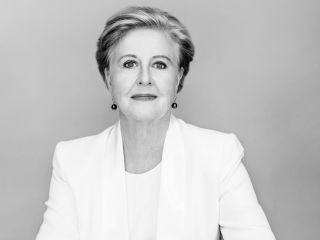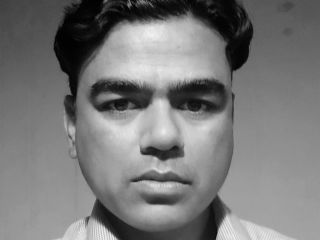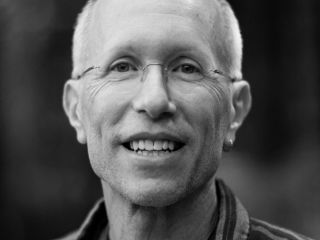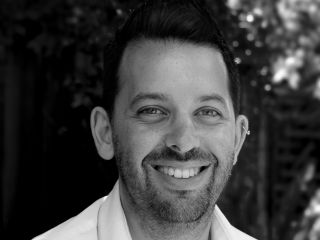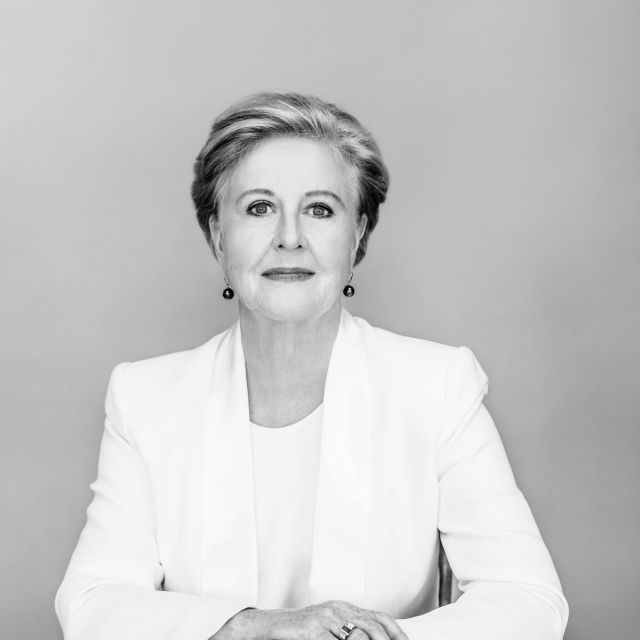
Refugees and Generosity: When Charity is Not Enough
Gillian Triggs + Habiburahman + Robert Carr
The Edge, State Library of Queensland
Panel
8133
#Performances
#About the event
Duration: 60 minutes
In seeking asylum, refugees are asking for protection, compassion, generosity and their international human rights to be upheld. Discover how Australia’s refugee policy, often framed by benevolence and charity, has failed to instil human rights in our system of refugee protection.
#Artists
Gillian Triggs
Habiburahman
My full name is Habiburahman (but widely known as Habib) and I am a Rohingya. Born in 1979 in Burma (now Myanmar).
I escaped torture, persecution and detention in my own country.
I came through South East Asia where I endured more detention, tortures and slavery. The Hardship and the human rights violation I faced has in deed inspired me to be a Spokesperson for my people. Yet I had to flee once more to save my life, I took the sea route in Dec 2009. After being rescued in the middle of the sea by Australian authorities, I spent 32 months in detention centres. I now lives in Melbourne and continues to serve as spokesperson to advocate for the Rohingya's human rights through the organization I founded ( Australian Burmese Rohingya Organization- ABRO) to advocate for my community. I am also part time working as a translator, social worker and also the support service co-ordinator at Refugees, Survivors and Ex-Detainees (RISE) and secretary of the international Rohingya organisation- Arakan Rohingya National Organisation (ARNO), based in the UK.
Robert Carr
Robert Carr, Ph.D. (2012) is an adjunct research fellow in the Centre for Social and Cultural Research at Griffith University, Australia. He has published and lectured in political science, history and human security studies. Robert is the author of the book ‘Generosity and Refugees: The Kosovars in Exile’ (Brill, 2018).
#Moderator
Peter Greste
Professor Peter Greste is an Australian-born journalist, author, media freedom activist and academic. He is a founding member of the advocacy group, the Alliance for Journalists Freedom and a regular contributor to the Australian Broadcasting Corporation, The Australian, The Sydney Morning Herald, The Conversation, and The Guardian.
Before joining academia in January 2018, he spent 25 years as a foreign correspondent, starting with the civil war in Yugoslavia and elections in South Africa as a freelance reporter in the early 90’s, before joining the BBC as its Afghanistan correspondent in 1995. He went on to cover Latin America, the Middle East and Africa for the BBC.
In 2011 he won a Peabody Award for a BBC documentary on Somalia before joining Al Jazeera as its East Africa correspondent later that year. In December 2013 he was covering Egypt on a short three-week assignment when he was arrested on terrorism charges. After a trial widely dismissed as a sham, he was convicted and sentenced to seven years in prison.
In February the following year, after 400 days behind bars, and intense international campaign, he was deported under a presidential decree. As a result of the letters he wrote from prison in the defense of freedom of the press, he won a Walkley Award in Australia in 2014, and Royal Television Society and Tribeca Disruptive Innovator’s Awards in 2015.
He has also been awarded the International Association of Press Clubs’ Freedom of Speech Award; Liberty Victoria’s “Voltaire Award”, the Australian Human Rights Commission Medal (all in 2015), the RSL’s 2016 ANZAC Peace Prize, and the Australian Press Council’s 2018 Press Freedom award.
Peter has co-authored his family’s account of their struggle to get him out of Egypt, Freeing Peter, and written his own book on journalism and the War on Terror, The First Casualty published in 2017. He remains an avid advocate of media freedom and journalist safety.




